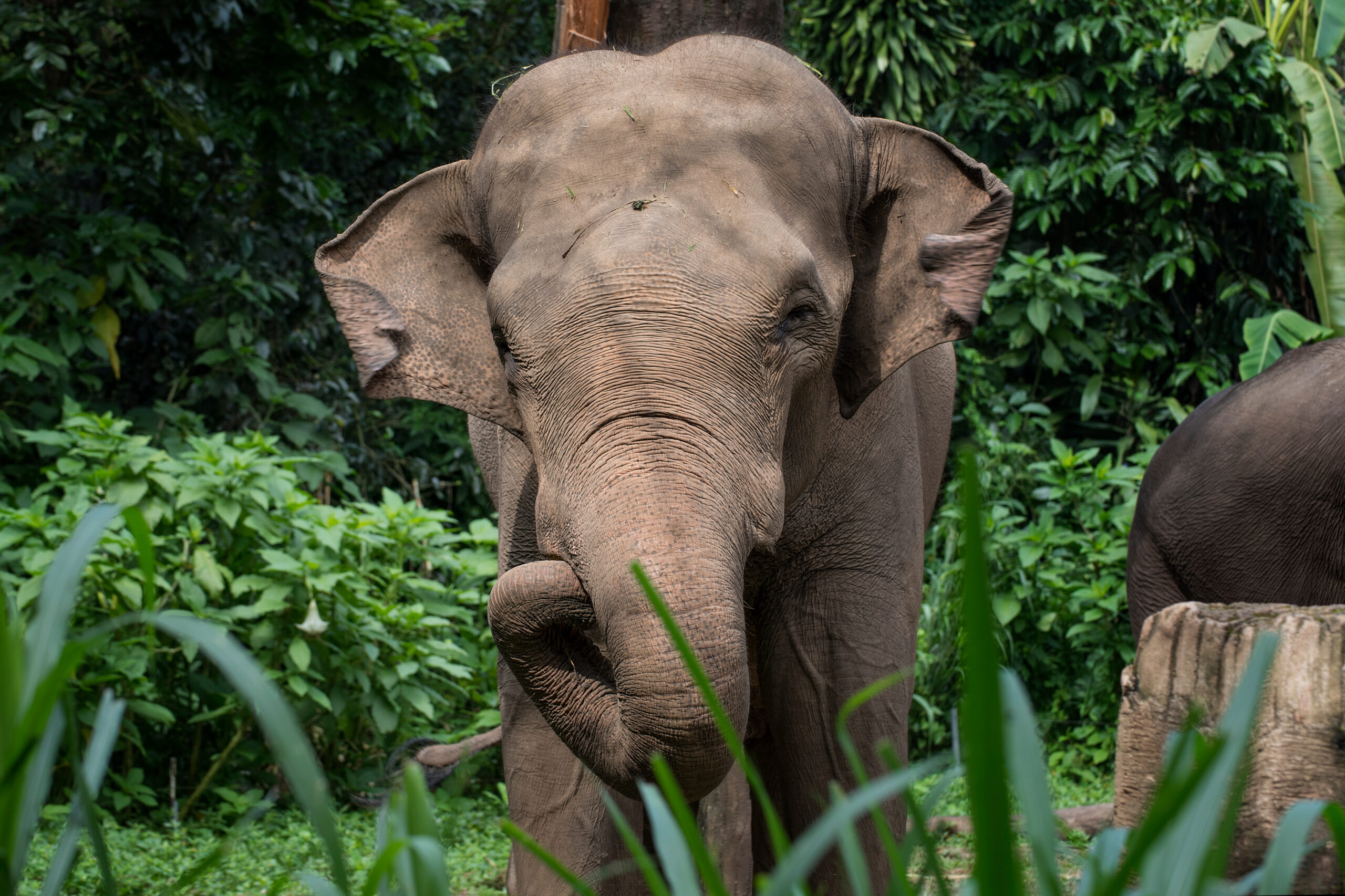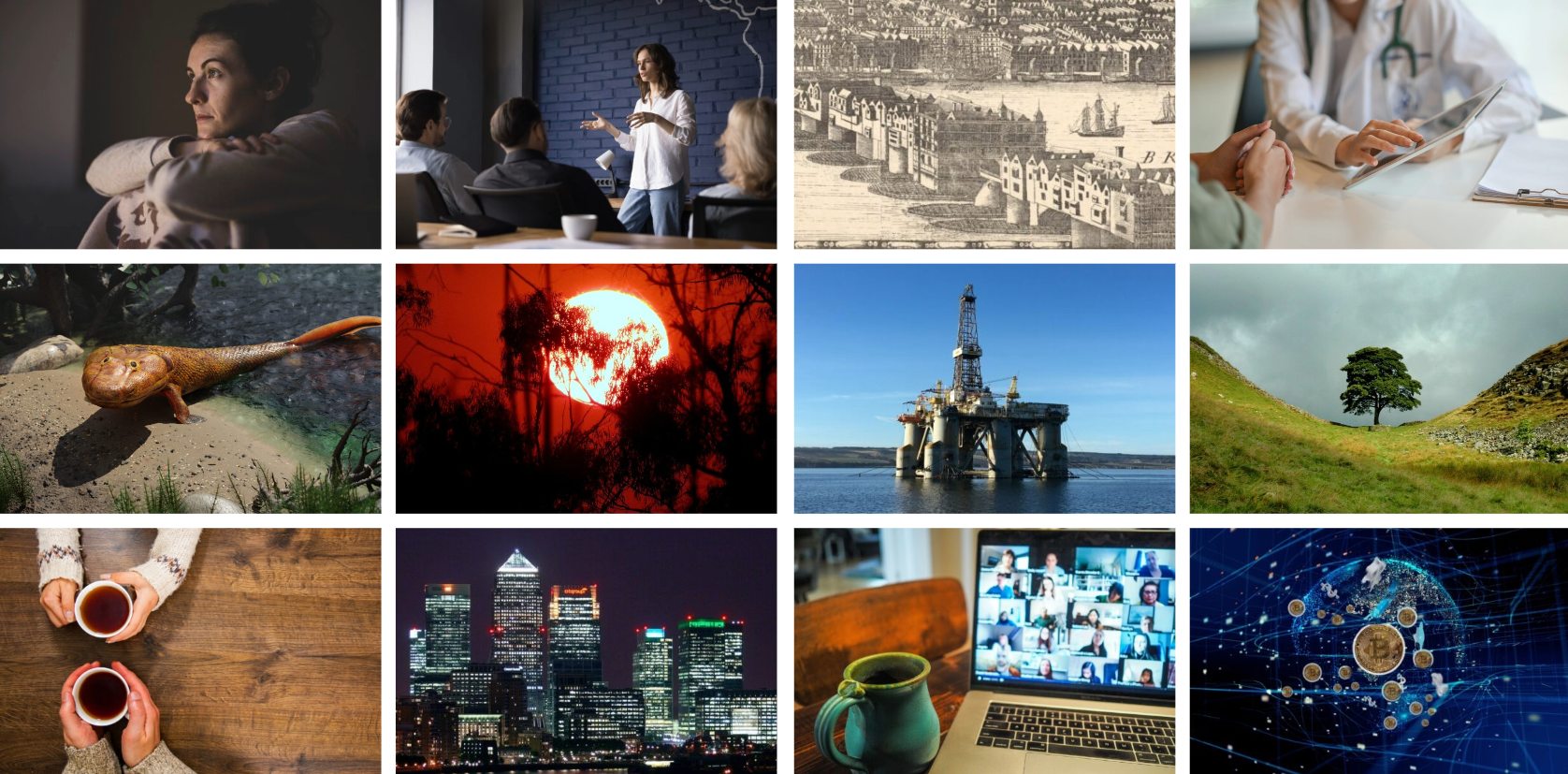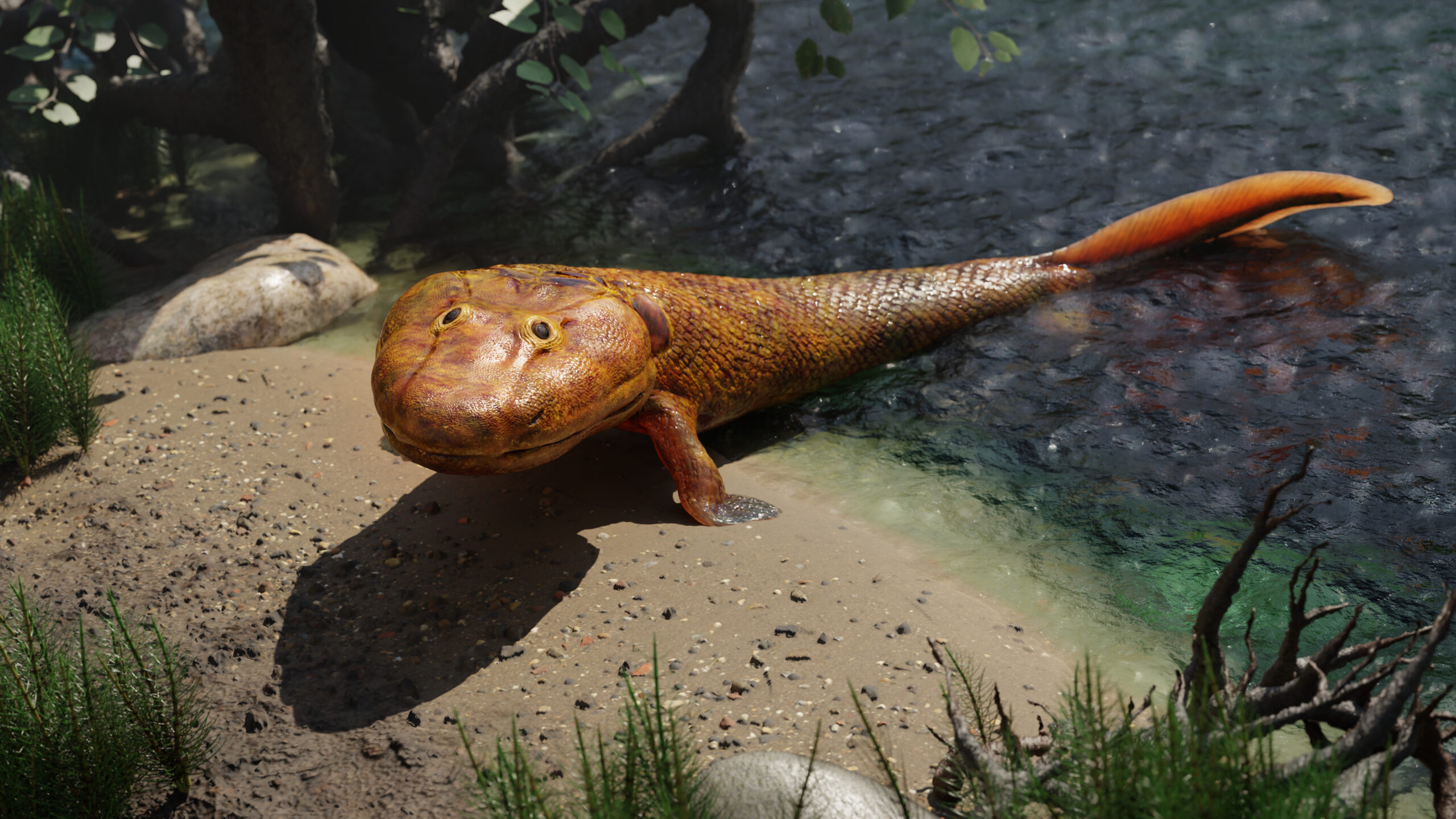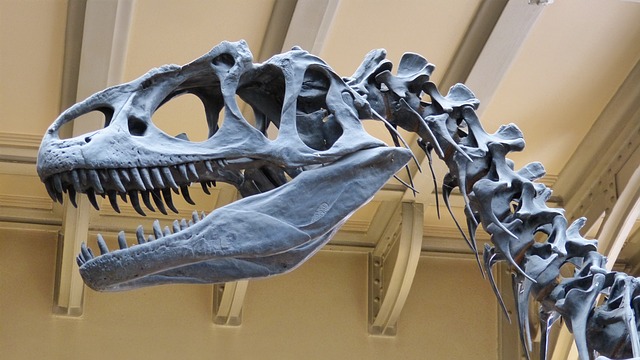evolution
Our most read articles of 2023
In 2023, researchers at the University of Reading published 57 articles on The Conversation. Together, these have been read over 2.7 million times. Here you can find the top three…Read More >
How fish evolved to walk – and in one case, turned into humans
When you think about human evolution, there’s a good chance you’re imagining chimpanzees exploring ancient forests or early humans daubing woolly mammoths on to cave walls. But we humans, along…Read More >
Discovering evolution’s rules for sculpting the natural world
Look at a horse’s front leg – it has just one toe. A horse stands, like a ballerina, ‘en pointe’, but for its entire life, not just during moments of…Read More >
Our most popular papers of 2019
Which Reading research publications got the most attention across the globe in 2019? We’ve scoured Altmetric data to bring you the top ten most talked about Reading-authored papers of the…Read More >
How did mammals (and maybe dinosaurs) get so big?
Evolving the ability to walk on tiptoes helped mammals become the chunkiest animals on the planet, according to new research by evolutionary biologist Dr Manabu Sakamoto. But could it also…Read More >
Tracking the silent changes to the UK’s biodiversity
The vast numbers and diversity of living things that populate our planet are in catastrophic decline – referred to by many scientists as Earth’s sixth mass extinction. But as Matthew Greenwell and…Read More >
Prizewinning research: From bones to data – the evolution of dinosaur science
By Dr Manabu Sakamoto, palaeontologist, University of Reading Think of a palaeontologist. What comes to mind? You might be thinking of Sam Neill in the film ‘Jurassic Park’, Ross from…Read More >
How family trees can help predict which plants could provide new cures
Dr Julie Hawkins from the School of Biological Sciences discusses recent research which aims to revitalise the hunt for new plant-based medicines. The earliest medicines were derived from plants, and…Read More >




